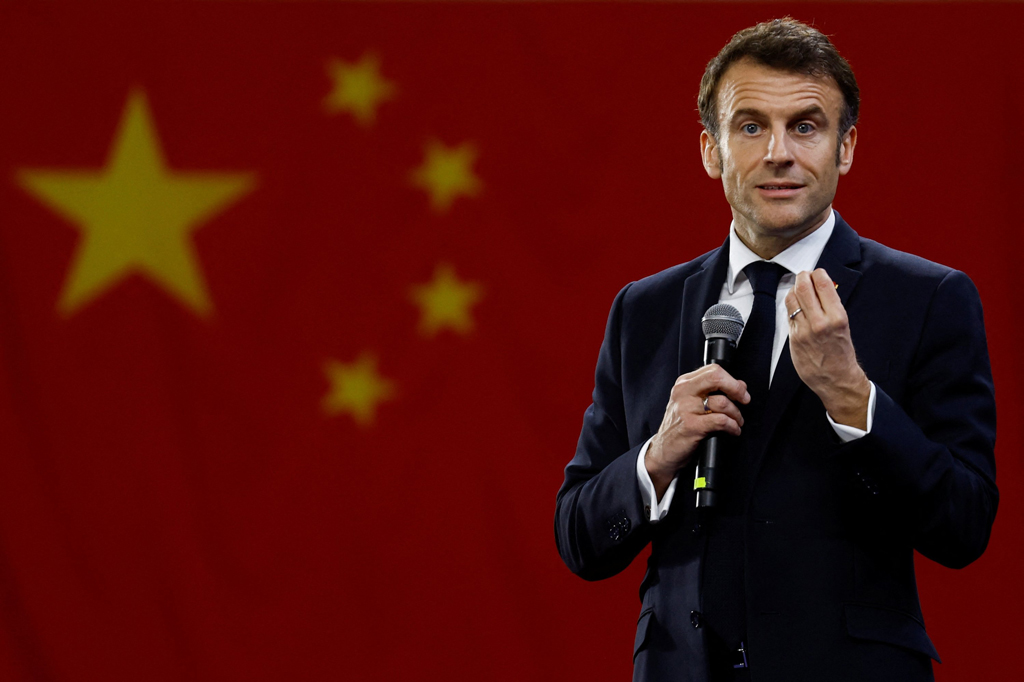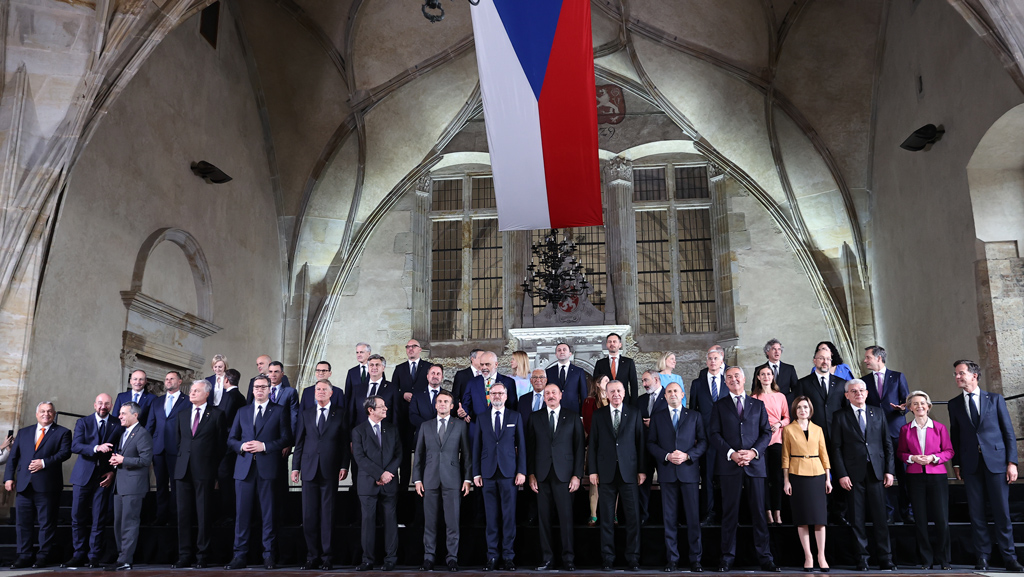As soon as New Year celebrations are over, policy makers, technocrats and market players across the economic/financial capitals of the globe will resume contemplating the prospects of the world economy in 2015. Increasing sensitivities in the global economic ecosystem during the second part of 2014 indicated the potential themes that will dominate global policy agenda in the New Year. Likely to be the main agenda items in the coming months are: signs of rapid economic recovery and expected interest rate hikes in the United States; intensifying influx of international capital as a result; low levels of oil and commodity prices in global markets pressuring producer countries; continuing economic sclerosis in Europe; and, slow economic growth and unemployment concerns especially in emerging markets. As an open economy thoroughly integrated with global finance, trade and production networks, the main policy priorities for the Turkish economy will follow a parallel configuration. On the financial side, the potential impact of capital exits in view of the developments in American and British markets will be taken into account. On the energy supply and production fronts, low energy and commodity prices will continue to keep Turkey's current account deficit and production costs at low levels. But most importantly, the Turkish economy will have to rediscover its magic touch when it comes to producing high and sustainable economic growth rates. Turkey has recorded 19 uninterrupted quarters of positive growth. However, the growth momentum has been in decline lately, hovering around 3.3 per cent.
Since mid-2013, when Turkey's macroeconomic parameters displayed historically-high levels in the form of high economic and export growth, increase in international reserves, low inflation and interest rates, the Turkish economy has suffered from non-economic domestic fluctuations. The Gezi Park incidents, which turned into widespread street violence, politically motivated judicial operations on 17-25 December, tense political campaigns leading to the 30 March local and 10 August Presidential elections, and street violence on 6-8 October based on the situation in Kobani all produced pressure on continued economic stability. Turkey's sound macroeconomic governing architecture and fiscal discipline prevented the emergence of a crisis, yet high economic growth prospects had to be partially sacrificed in the face of rising inflation and interest rates. As most of the emerging economies are struggling to maintain high growth rates, and global demand is shrinking across the board, Turkey also began to search for new growth dynamics. The announcement of a comprehensive structural transformation package was a clear indication of this trend.
Yet the attitudes of leading Turkish business associations such as TÜSİAD representing the so-called "captains of Turkish industry" in the process were not supportive of restoring dynamic economic growth. Some of Turkey's leading businessmen and industrialists adopted a biased, anti-governmental stance during the Gezi protests, and openly supported marginal elements engaging in street violence. They were also ambiguous when it came to the legal battle against the "parallel structure," which tried to colonize Turkey's security and intelligence infrastructure under the camouflage of a religious group. The business elite in TÜSİAD circles never saw the AK Party governments as a natural partner with whom they could forge a long-term and strategic developmental alliance. Instead they tried to form partnerships and links with main political actors, which could be broken during periods of domestic or international distress. The final move by TÜSİAD Chairman Haluk Dinçer of trying to create a rift between President Erdogan and Prime Minister Davutoglu shows that the political habits of TÜSİAD die rather hard. As successful examples of industrial transformation show us, effective state-business alliances are key to high long-term developmental performance. Turkey's growth and s








